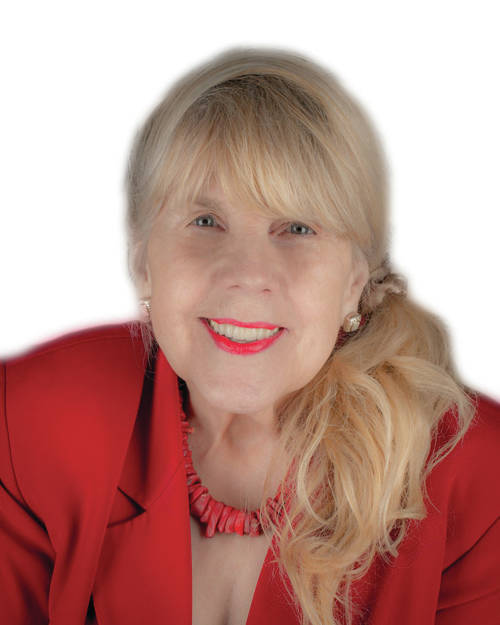
By Vivian Blevins
Contributing columnist
Juneteenth is on the horizon, and I think of my childhood and Osam Williams’ family celebrating the occasion by banging on pots and pans and singing. I never asked his sons, Norman Day and Sonny — who were friends of my brother and me — why they did that. This holiday was not in my high school history books, and I have a vague sense of learning about the chant “Send them back to Africa” and Liberia (In the early nineteenth century, members of the American Colonization Society felt that Blacks in America were more likely to proper if they took up residence in this West African location).
And two years ago, I met a native of Liberia at Edison State Community College. She is unsure about some things and sure about others. Recently, she learned that one thing she thought was true is not. I know bits and pieces of her story.
She was born in Bong County, Liberia, around the turn of the current century. Does she know the exact date and year? No. She refers to her biological mother as “a single mother,” and to herself as the second oldest of five children.
At about age 10 when she was adopted by an American couple through an adoption agency in Liberia, she describes herself before the adoption as “unstructured, left on her own, a free ranger.” Her days were spent fishing; walking in the fields; fighting; playing soccer; jumping rope; and learning to cook by taking empty cans, building a fire, and cooking foodstuffs found in the terrain.
Regular school in the village was an impossibility because her mother could not afford the tuition. On the rare occasions when she was in school, she was often late and was “switched on her head or legs.”
As a child, she was given two conflicting accounts of her father: that he had died in one of the civil wars and that he had died in a gold/diamond mine accident (Through social media she was recently able to make contact with a sister and learned that neither is true and that her father is still alive.).
Her family lived in a one-room hut with dirt floors, and she slept on banana leaves or a mat. Meals consisted of rice, fish, locusts, snakes, and, at times, chicken.
She is unsure about the terms of her adoption but thinks her biological mother expected financial compensation and a better life for her daughter. With language barriers, however, there was probably some confusion regarding the circumstances.
In 2008, speaking only Kpelle, she came to rural Ohio with her adoptive parents and says, “My whole world was shattered. I had heard stories, both good and bad, about America. I felt lost, overwhelmed, out of control. My adoptive sisters helped me learn English.”
In 2020, she entered Edison State with no sense of any career plans and began taking general education courses. She indicates that she used that time to explore, to learn about herself, to connect with faculty and other students, and to consider what would come next in her life. Her work since 2002 has included volunteer work and paid employment in everything from lawn care, to clerking at a thrift story to aiding in a CVS pharmacy to her current position at an area hospital in an oncology unit where she checks vitals, arranges schedules, and makes telephone calls to remind patients to respond to care plans.
She now knows that becoming a registered nurse is in her future because her mission is to help others. And she knows that expanding her sense of the world is a part of that plan, and she will board a plane this summer and head to England to experience a large city in a foreign country. Is she excited? Is she a bit nervous? Yes, but now she has the confidence and the skills to navigate the unknown.
As a 21- or 22-year-old, she has advice for immigrants. “You can make something of yourself. Learn to follow your dreams and do what you are called to do. The U.S. is your country now, and you should learn to love and respect it. When you receive negative comments about your status as an immigrant, use those insulting words to push forward.”
Because she learned English before puberty, she speaks it perfectly without an accent and finds that people are surprised when she says, “I’m African.”
As Juneteenth arrives, I think of her and the many African American I have known and respect for the ways in which they contribute to making this country succeed even as we scramble to address the many issues that plague us. You have your own list of the problems, but my Liberian friend, that is, American friend, is certainly not one of them.
Vivian B. Blevins. Ph.D., teaches telecommunication employees from around the country and students at Edison State Community College and works with veterans. You may reach her at 937-778-3815 or [email protected].


